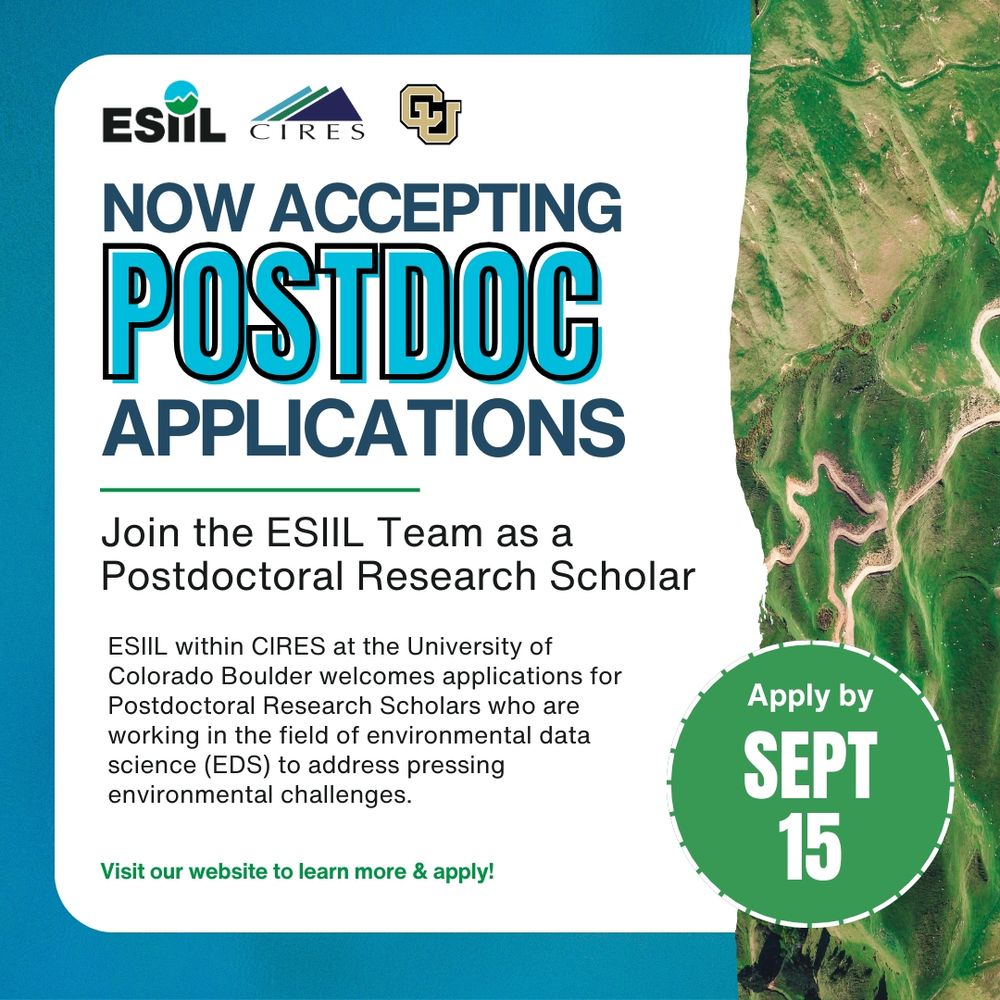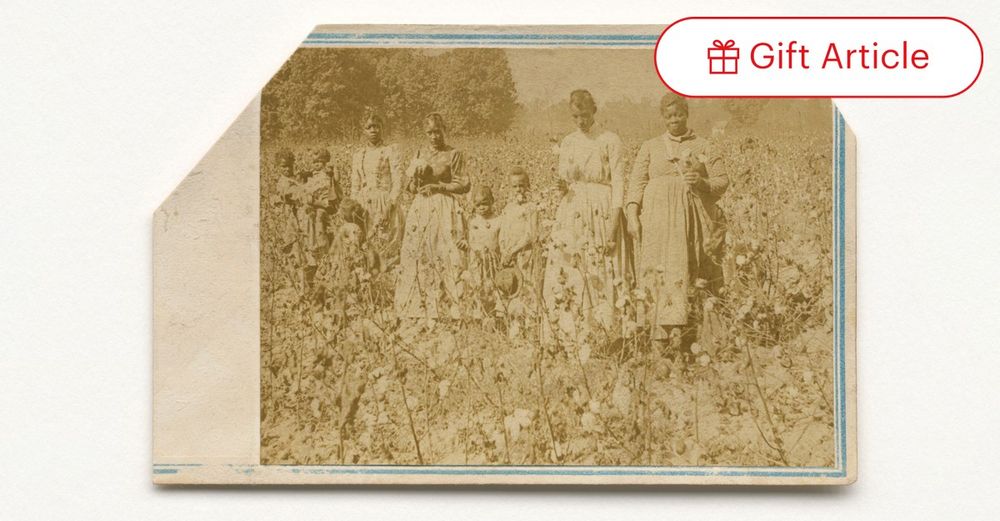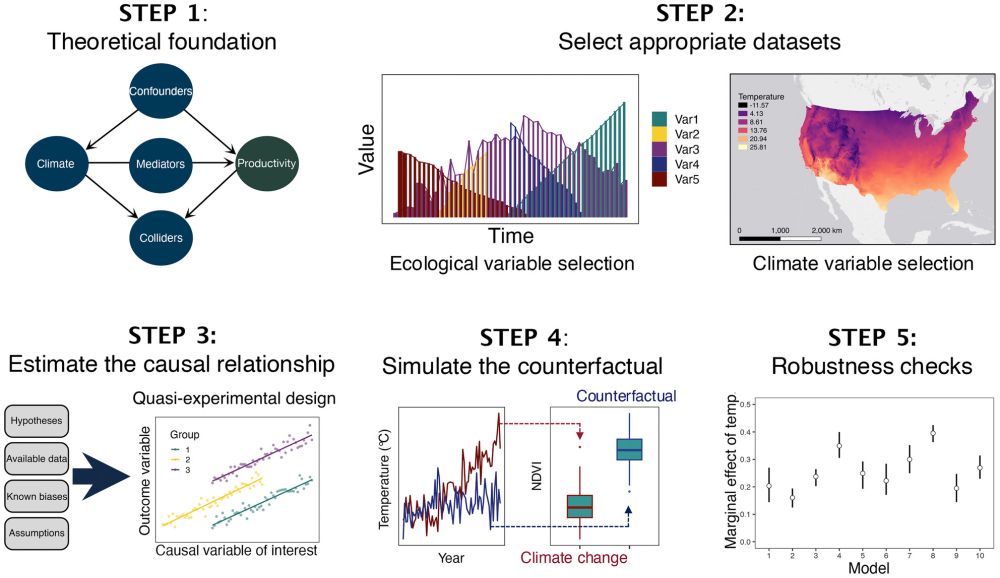
Assistant Professor at University of Colorado-Boulder | global change + conservation science in working landscapes | she/her | https://www.colorado.edu/lab/fowllab/ | On Ute, Cheyenne, & Arapahoe land
🌎🧪🌳🍁
apply.interfolio.com/176741


Reposted by Katherine Siegel
Reposted by Katherine Siegel




https://awis.org/historical-women/lydia-jennings-phd/
#WomenInScience #NativeAmericanHeritageMonth Lydia Jennings, PhD
Reposted by Katherine Siegel

Reposted by Trevor A. Branch, Katherine Siegel

www.nsf.gov/funding/oppo...
Reposted by Tatiana Filatova, Katherine Siegel

go.nature.com/4mynauQ
go.nature.com/4nJoxI5
#medsky ⚒️ 🧪

Reposted by Katherine Siegel

www.federalregister.gov/documents/20...
#roadecology
Reposted by Qiang Zhang, Katharine Hayhoe, Stefan Rahmstorf , and 14 more Qiang Zhang, Katharine Hayhoe, Stefan Rahmstorf, Jesse M. Shapiro, Du Toit, Karen R. Lips, Kai Chen, Johan P. Olsen, Stephen D. Murphy, Mary Jane Curry, Hisham Zerriffi, Peter Jacobs, Andrea Santangeli, Laura E. Dee, Emilio Vilanova, Katherine Siegel, Tiziana A. Gelmi‐Candusso

Reposted by Katherine Siegel, Karl Andraczek

Reposted by Rachel C. Nethery, Katherine Siegel

Reposted by Laura E. Dee
Visit our website to learn more and apply by Sept. 15th, 2025 for full consideration: esiil.org/careers
jobs.colorado.edu/jobs/JobDeta...

Reposted by Rachel C. Nethery, Laura E. Dee, Katherine Siegel

Visit our website to learn more and apply by Sept. 15th, 2025 for full consideration: esiil.org/careers
jobs.colorado.edu/jobs/JobDeta...
Reposted by Katherine Siegel




and in spite of the current news cycle it's important to see who trans folk truly are:
loving, nonviolent, and resilient
fellow trans folk: QRT & share your moments of trans joy
Reposted by Katherine Siegel

Congratulations and thank you to all our authors for your vital work!
Reposted by Anna O. Law, Rosemary A. Joyce, Manuela Boatcă , and 11 more Anna O. Law, Rosemary A. Joyce, Manuela Boatcă, Adam Gamoran, Robert C. Richards, Andrew L. Whitehead, Naazneen H. Barma, Daniel Kuehn, Adele Perry, Hisham Zerriffi, Louis D Johnston, Susan Patrick, David Lay Williams, Katherine Siegel

Reposted by Chhaya M. Werner, Katherine Siegel

Reposted by Smith, Melanie C. Green, Clark Gray , and 1 more Smith, Melanie C. Green, Clark Gray, Katherine Siegel

Reposted by Katherine Siegel

esiil.org/working-groups
Reposted by Michael A. Wulder, Graeme S. Cumming, Elliott L. Hazen , and 14 more Michael A. Wulder, Graeme S. Cumming, Elliott L. Hazen, Ben Bond‐Lamberty, Jonathan Lenoir, Julie L. Lockwood, Martin Tomko, Stephen D. Murphy, Juan Rocha, Tommaso Jucker, Laura E. Dee, Emilio Vilanova, Pablo García‐Díaz, Valentin Journé, Evan C. Fricke, Katherine Siegel, Karl Andraczek

Are you asking "how much" or "if" climate change has impacted your system, then this paper is for you!
🧪🌏🌐🍁🌺🌱🌿
onlinelibrary.wiley.com/doi/10.1111/...
Reposted by Katherine Siegel

